Table of Contents
Dog diarrhea after grooming can be a cause for concern for many pet owners. It is not uncommon for dogs to experience diarrhea after a grooming session, and there are several reasons why this may occur.
As a responsible dog owner, it is essential to understand the common causes of dog diarrhea after grooming, how to recognize the symptoms, and what steps you can take to prevent it from happening in the future.
Understanding Dog Diarrhea Diarrhea is a common problem in dogs, and it can be caused by a variety of factors, including dietary indiscretion, stress, infections, and parasites.
Dogs with diarrhea may experience loose or watery stools, increased frequency of bowel movements, and other symptoms, such as vomiting, lethargy, and loss of appetite.
While diarrhea can be a minor issue, it can also be a sign of a more serious underlying condition, so it is important to monitor your dog’s symptoms and seek veterinary care if necessary.
Fluffy Dog Diarrhea After Grooming
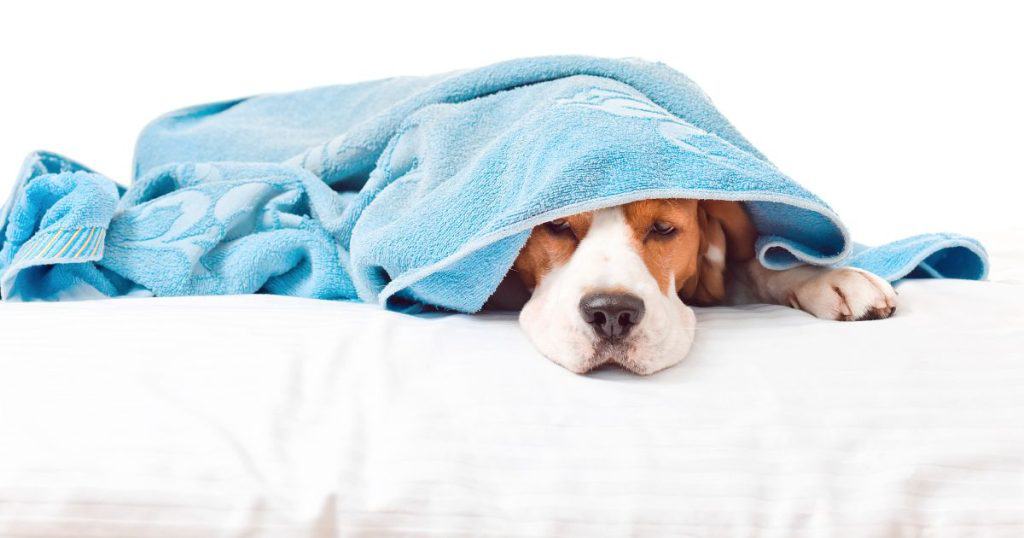
- Dog diarrhea after grooming is a common problem that can be caused by a variety of factors, including dietary indiscretion, stress, infections, and parasites.
- Symptoms of dog diarrhea after grooming may include loose or watery stools, increased frequency of bowel movements, vomiting, lethargy, and loss of appetite.
- To prevent dog diarrhea after grooming, it is essential to choose a reputable groomer, avoid overfeeding your dog before or after grooming, and monitor your dog’s behavior and symptoms closely.
Understanding Dog Diarrhea
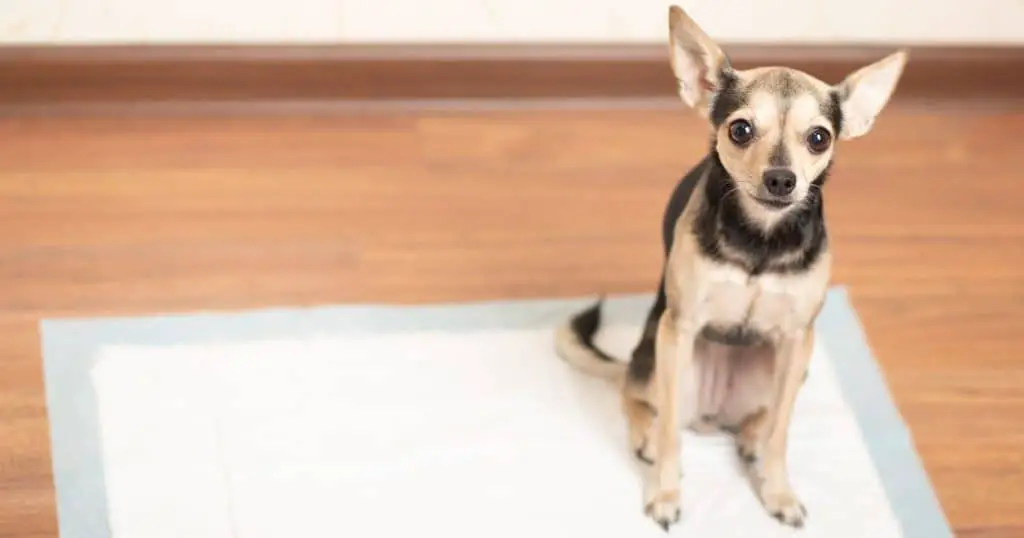
Dog diarrhea is a common condition that can occur for various reasons, including after grooming. It is characterized by loose, watery stools that may be accompanied by other symptoms such as vomiting, lethargy, and loss of appetite. While diarrhea is not usually a serious condition, it can lead to dehydration and other complications if left untreated.
There are several possible causes of dog diarrhea, including dietary changes, food allergies, infections, parasites, and stress. In some cases, diarrhea may be a side effect of medications or a symptom of an underlying health condition such as inflammatory bowel disease or cancer.
When it comes to dog diarrhea after grooming, there are several possible explanations. For example, your dog may have ingested grooming products such as shampoo or conditioner, which can cause gastrointestinal upset. Additionally, the stress of the grooming process itself can lead to diarrhea in some dogs.
If your dog has diarrhea after grooming, it is important to monitor their symptoms and seek veterinary care if necessary. Your vet may recommend dietary changes, medication, or other treatments to help manage your dog’s diarrhea and prevent complications.
To help prevent dog diarrhea, it is important to maintain a consistent diet and feeding schedule, provide plenty of fresh water, and avoid giving your dog table scraps or other human foods.
Additionally, make sure your dog is up-to-date on their vaccinations and parasite preventatives, and practice good hygiene by washing your hands and cleaning up after your dog.
In summary, dog diarrhea is a common condition that can occur for various reasons, including after grooming. If your dog has diarrhea after grooming, it is important to monitor their symptoms and seek veterinary care if necessary. By taking steps to prevent dog diarrhea, you can help keep your furry friend healthy and happy.
Common Causes of Dog Diarrhea
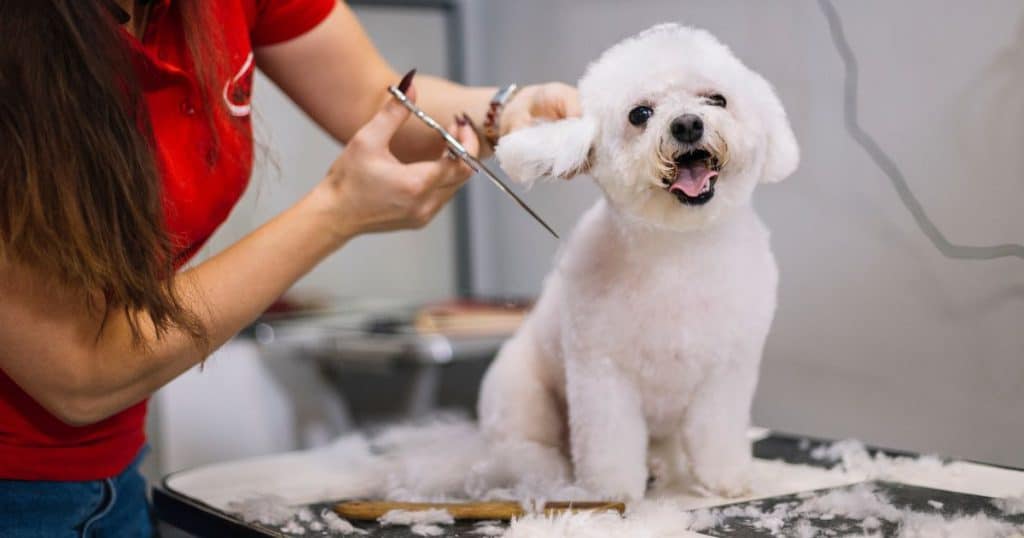
If you have ever noticed your dog having diarrhea after grooming, it could be due to several reasons. Here are some common causes of dog diarrhea:
Dietary Indiscretion
Dogs are known for their love of food, but sometimes they can be a little too enthusiastic. Eating too much food, eating garbage, or eating spoiled food can cause diarrhea in dogs, and this is known as a dietary indiscretion. A change in diet can also lead to diarrhea, so it’s important to introduce new foods gradually.
Intestinal Parasites
Intestinal parasites such as giardia, colitis, roundworms, hookworms, whipworms, and coccidia can cause diarrhea in dogs. These parasites can be picked up from contaminated soil, water, or feces.
Stress or Anxiety
Stress and anxiety can also cause diarrhea in dogs. This can be due to a change in routine, a new environment, or a traumatic event. Dogs that suffer from separation anxiety may also have diarrhea when left alone.
Diseases and Infections
Several diseases and infections can cause diarrhea in dogs, including distemper, coronavirus, and parvovirus. Inflammatory bowel disease and colitis can also cause diarrhea.
Foreign Objects
Dogs love to chew on things, and sometimes they can swallow something that doesn’t agree with them. Foreign objects such as toys, bones, and sticks can cause diarrhea if they get stuck in the digestive tract.
If your dog has diarrhea after grooming, it’s important to identify the cause and seek treatment if necessary. If diarrhea persists for more than a day or two, or if your dog shows other symptoms such as vomiting or lethargy, you should contact your veterinarian.
Diarrhea After Grooming
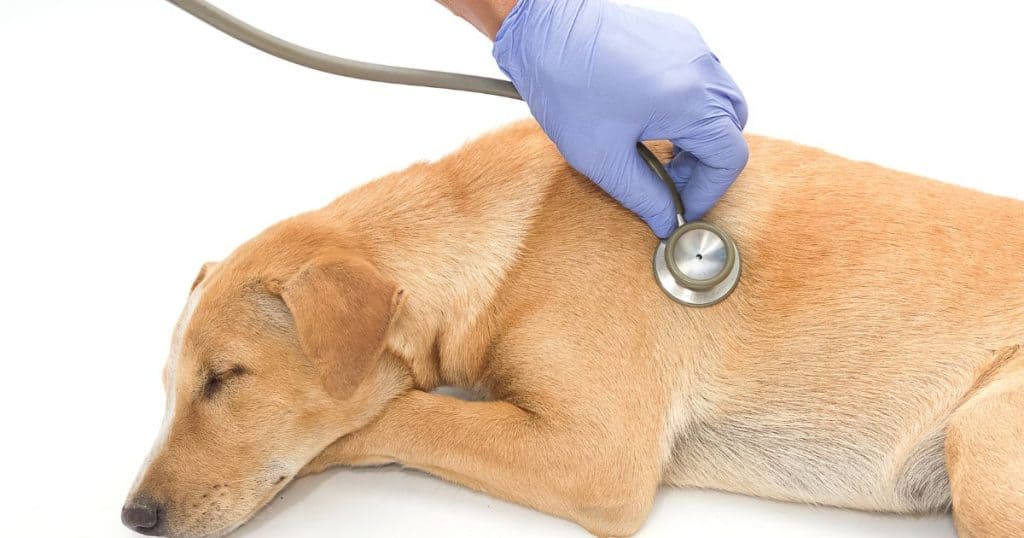
If you have noticed that your furry friend experiences diarrhea after grooming, you are not alone. Many pet owners have reported that their dogs have diarrhea after grooming.
This can be concerning, and you may be wondering what causes this and how you can help your dog.
In this section, we will explore some of the reasons why dogs may experience diarrhea after grooming and what you can do about it.
Can a Dog Get Sick After Grooming?
Yes, dogs can get sick after grooming. There are a few reasons why this can happen. One of the most common causes of diarrhea after grooming is stress or anxiety.
Some dogs may become stressed or anxious during grooming, which can cause them to have an upset stomach. Additionally, some grooming products may cause an allergic reaction or intolerance, which can also lead to diarrhea.
Another possible cause of diarrhea after grooming is stress colitis. Stress colitis is a condition that can occur when a dog experiences a stressful event, such as grooming.
This can cause inflammation in the colon, which can lead to diarrhea. Stress colitis typically resolves on its own within a few days, but you may need to provide your dog with some extra care during this time.
Stress Colitis After Grooming
If your dog has stress colitis after grooming, there are a few things you can do to help them feel better. First, make sure they have access to plenty of fresh water.
Dehydration can make diarrhea worse, so it’s important to keep your dog hydrated. You can also try feeding your dog a bland diet, such as boiled chicken and rice, to help soothe their stomach.
In some cases, your veterinarian may recommend medications to help manage your dog’s diarrhea. These may include anti-diarrheal medications or antibiotics, depending on the underlying cause of the diarrhea.
In conclusion, if your dog experiences diarrhea after grooming, it can be a cause for concern. However, there are several reasons why this can happen, and there are things you can do to help your dog feel better.
If your dog’s diarrhea persists for more than a few days or is accompanied by other symptoms, such as vomiting or lethargy, it’s important to contact your veterinarian for further evaluation.
Recognizing Symptoms
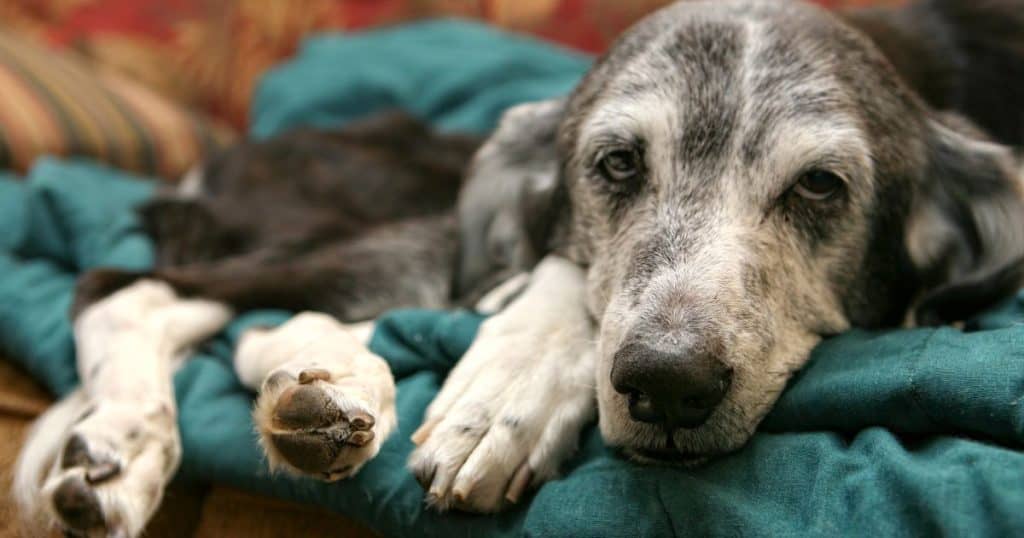
If you’re a dog owner, you know that diarrhea is a common problem that can affect your furry friend. However, if your dog has diarrhea after grooming, it may be a sign of an underlying issue.
Knowing how to recognize the symptoms of dog diarrhea after grooming can help you determine whether your pet needs to see a vet.
Physical Symptoms
Physical symptoms of dog diarrhea after grooming may include vomiting, blood in the stool, dehydration, weakness, and watery stool.
If your dog is dehydrated, you may notice that its skin is less elastic than usual. You can check for dehydration by gently pinching the skin on the back of the neck. If the skin stays in a tent-like shape, your dog may be dehydrated.
Behavioral Changes
In addition to physical symptoms, you may notice behavioral changes in your dog if they have diarrhea after grooming.
For example, your dog may lose their appetite or become lethargic. If your dog is experiencing pain or discomfort, they may also become more irritable or aggressive than usual.
It’s important to note that not all dogs will exhibit the same symptoms when they have diarrhea after grooming.
Some dogs may only experience mild symptoms, while others may become severely ill. If you notice any of the above symptoms in your dog, it’s important to seek veterinary care as soon as possible.
Remember, prevention is always better than cure. To prevent dog diarrhea after grooming, make sure to choose a groomer who uses high-quality, gentle products and who takes the time to properly dry your dog after their bath.
Additionally, make sure your dog is up to date on their vaccinations and is regularly dewormed to help prevent infections that can cause diarrhea.
Diagnosis and Tests
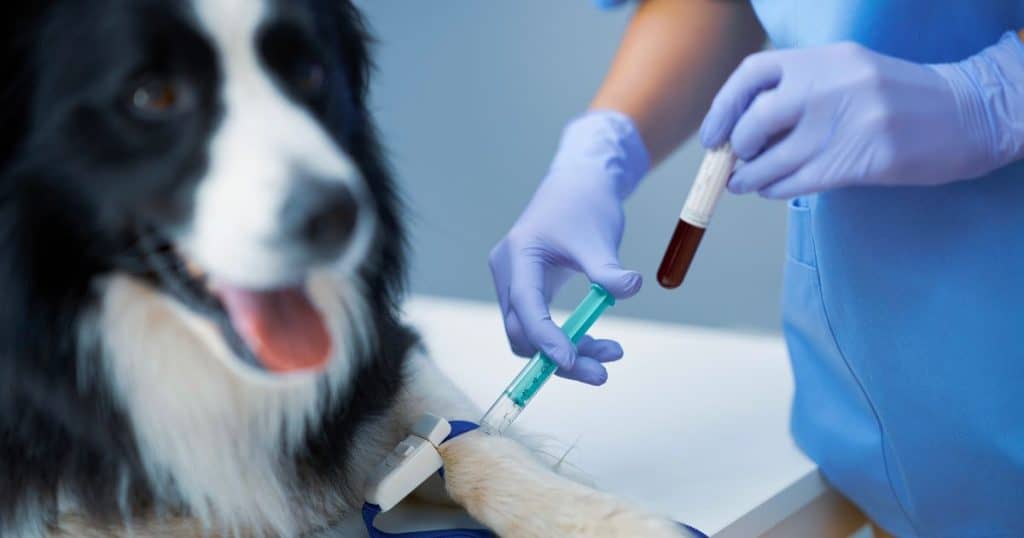
If your dog is experiencing diarrhea after grooming, it’s essential to take them to the vet for a proper diagnosis. The veterinarian will perform a physical exam and ask questions about your dog’s medical history, recent diet, and grooming procedures.
The vet may also recommend diagnostic tests to determine the underlying cause of the diarrhea. Some of the commonly recommended screening tests for a pet with diarrhea include a complete blood count (CBC), serum biochemistry profile, urinalysis, and fecal parasite tests.
Thyroxine (total T4) concentration is also recommended for middle-aged to older cats. These tests may provide clues to the cause of diarrhea, such as bacterial or viral infections, parasites, or food allergies.
In addition to these tests, the vet may also recommend a fecal culture or sensitivity test to identify the specific bacteria causing diarrhea. This test can help determine the most effective treatment for your dog’s condition.
It’s important to note that some diagnostic tests may require your dog to fast for a certain period before the test. The vet will provide specific instructions on how to prepare for the test and what to expect during the procedure.
Overall, seeking veterinary care and following their recommended diagnostic tests is crucial in identifying and treating the underlying cause of your dog’s diarrhea after grooming.
Treatment Options
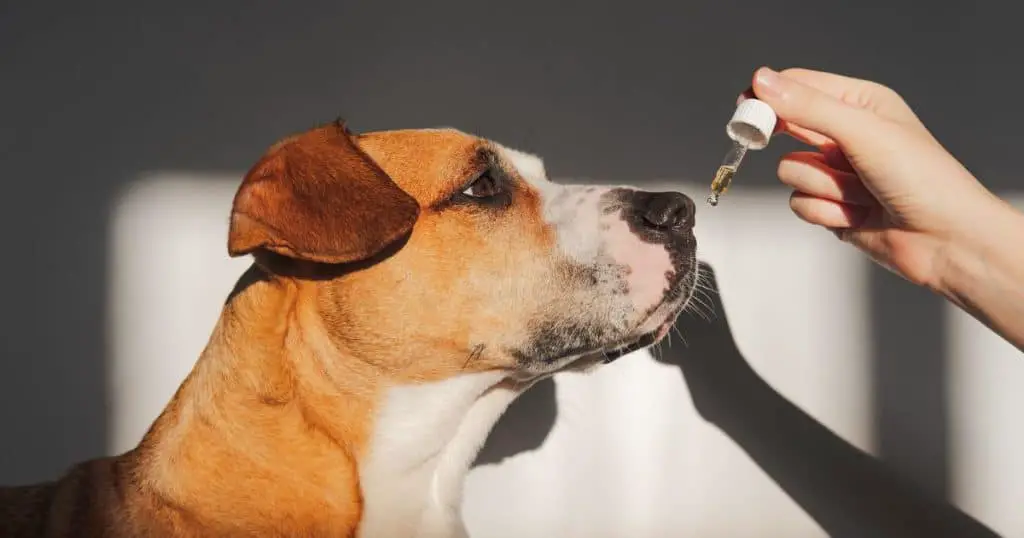
If your dog experiences diarrhea after grooming, there are various treatment options available. These treatments can be divided into two categories: home remedies and veterinary treatments.
Home Remedies
Home remedies are often the first line of treatment for mild cases of dog diarrhea. Here are some effective home remedies you can try:
- Hydration: Ensure your dog drinks plenty of water to prevent dehydration. You can also offer rice water or Pedialyte to help replenish lost electrolytes.
- Bland Diet: Feed your dog a bland diet consisting of boiled chicken and rice. This can help soothe the digestive system and reduce inflammation.
- Probiotics: Probiotics can help restore the balance of good bacteria in your dog’s gut. You can give your dog probiotic supplements or feed them plain yogurt.
- Fasting: Fasting your dog for 12 to 24 hours can help clear the cause of the digestive upset. However, make sure your dog has access to plenty of water during this time.
- Baby Food: Some baby food brands offer bland options like chicken and rice that can be fed to dogs. However, make sure the baby food does not contain any harmful ingredients like onion or garlic.
Veterinary Treatments
If your dog’s diarrhea persists or is severe, veterinary treatment may be necessary. Here are some common veterinary treatments for dog diarrhea:
- Fluid Therapy: If your dog is dehydrated, your vet may administer fluids to help rehydrate them.
- Medications: Your vet may prescribe medications to help reduce inflammation or treat underlying conditions like pancreatitis.
- Diagnostic Tests: Your vet may perform diagnostic tests like blood work or fecal exams to determine the underlying cause of the diarrhea.
Remember, it’s important to consult with your vet before trying any home remedies or treatments. They can help you determine the best course of action for your dog’s specific needs.
Prevention Strategies
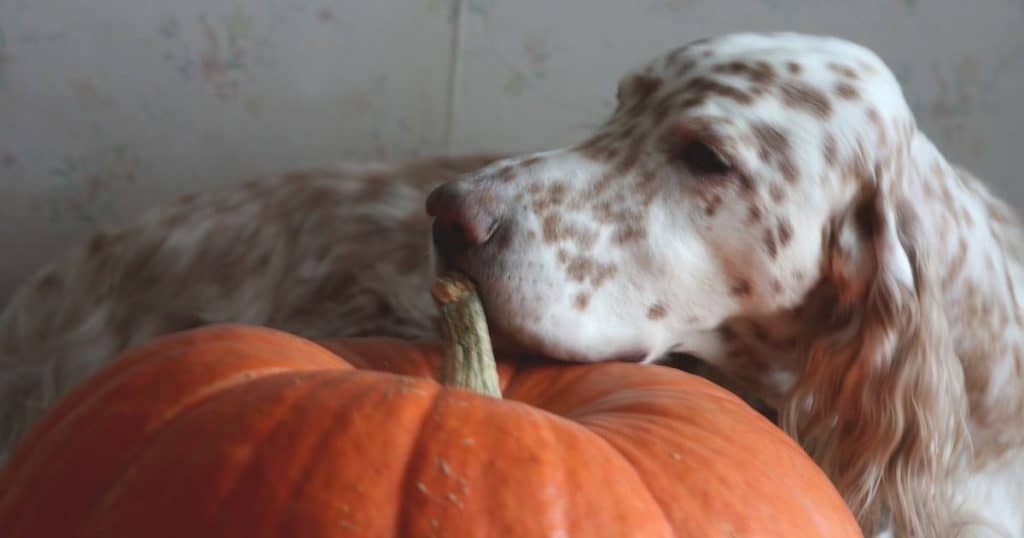
Dog diarrhea after grooming can be prevented with some simple strategies. Here are some tips that can help you keep your furry friend healthy:
- Rest: After grooming, your dog may feel tired and stressed. Make sure your dog gets enough rest and avoid any strenuous activities for a day or two after grooming.
- Change in Diet: A sudden change in diet can cause diarrhea. If you want to change your dog’s food, do it gradually over a period of a week or two.
- Dietary Indiscretion: Avoid giving your dog table scraps, spoiled food, or garbage. Also, keep your dog away from toys, bones, fabric, and other things that can be swallowed and cause digestive problems.
- Pumpkin: Adding a tablespoon of canned pumpkin to your dog’s food can help prevent diarrhea. Pumpkin is rich in fiber and can help regulate your dog’s digestive system.
- Defecate: Make sure your dog defecates before grooming. This can help prevent stress-induced diarrhea.
- Travel: If you are traveling with your dog, make sure you bring enough food, water, and medication. Also, avoid feeding your dog anything new or unusual.
- Human Medications: Never give your dog human medications without consulting your vet. Some medications can be toxic to dogs and cause diarrhea.
- Cottage Cheese: Adding a tablespoon of cottage cheese to your dog’s food can help prevent diarrhea. Cottage cheese is rich in probiotics and can help regulate your dog’s digestive system.
By following these simple strategies, you can help prevent dog diarrhea after grooming and keep your furry friend healthy and happy.
FAQs
If you’re a dog owner, you know that grooming is an essential part of keeping your furry friend healthy and happy.
However, sometimes grooming can lead to unexpected issues like diarrhea. In this section, we’ll answer some frequently asked questions about dog diarrhea after grooming.
What can cause my dog to have diarrhea after grooming?
There are a few reasons why your dog might have diarrhea after grooming. One common cause is stress. Dogs can become anxious or stressed during grooming, which can lead to digestive issues like diarrhea. Another possible cause is a reaction to grooming products or shampoos. If your dog is allergic to a product used during grooming, it can cause diarrhea. Additionally, if your dog ingests any grooming products, it can lead to digestive issues.
How can I treat my dog’s diarrhea after grooming?
If your dog has diarrhea after grooming, the first step is to make sure they stay hydrated. Provide plenty of fresh water and consider giving them small amounts of bland food like boiled chicken and rice. You can also try giving them probiotics to help regulate their digestive system. If the diarrhea persists, it’s important to take your dog to the vet for further evaluation.
Is it normal for dogs to have diarrhea after grooming?
While diarrhea after grooming is not uncommon, it’s not normal. It’s important to monitor your dog’s behavior during grooming and make sure they are not overly stressed or anxious. Additionally, make sure the grooming products being used are safe for your dog and that they are not ingesting any products.
What are some common remedies for dog diarrhea?
Some common remedies for dog diarrhea include providing plenty of fresh water, feeding them small amounts of bland food, and giving them probiotics. It’s important to monitor your dog’s behavior and seek veterinary care if the diarrhea persists or if they exhibit other concerning symptoms.
When should I take my dog to the vet for diarrhea?
If your dog’s diarrhea persists for more than a day or if they exhibit other concerning symptoms like lethargy, vomiting, or loss of appetite, it’s important to take them to the vet for further evaluation. Additionally, if your dog is a puppy or has an underlying health condition, it’s best to seek veterinary care as soon as possible.
How can I prevent my dog from getting diarrhea after grooming?
To prevent diarrhea after grooming, make sure your dog is not overly stressed or anxious during grooming. Additionally, make sure the grooming products being used are safe for your dog and that they are not ingesting any products. Finally, make sure your dog stays hydrated and is on a healthy diet to promote good digestive health.

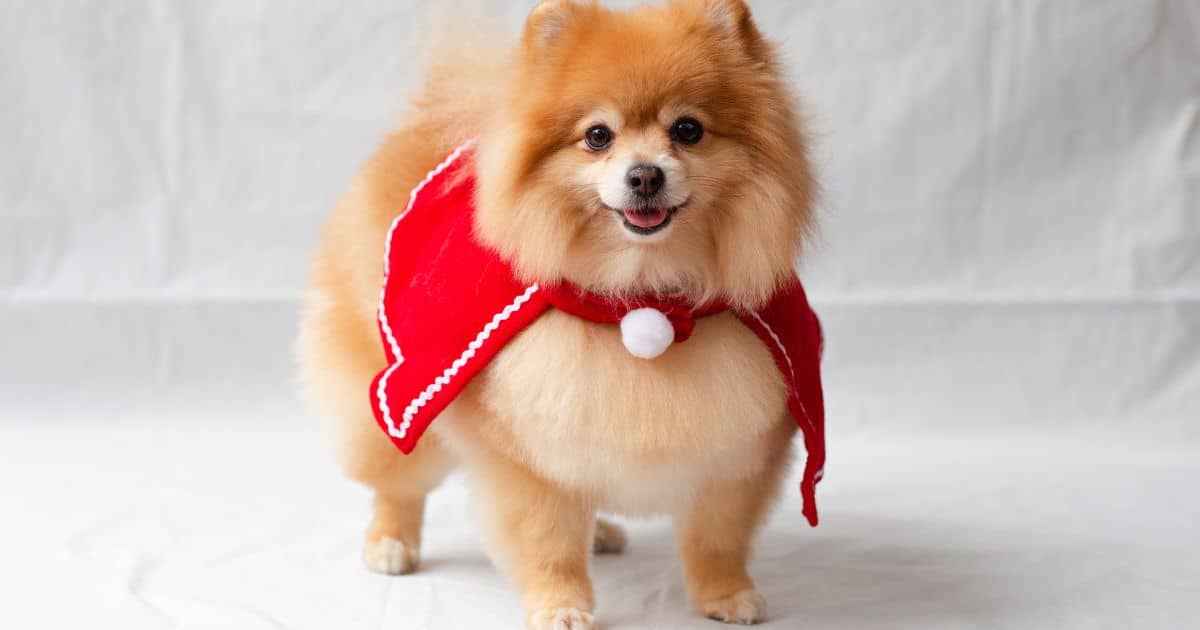
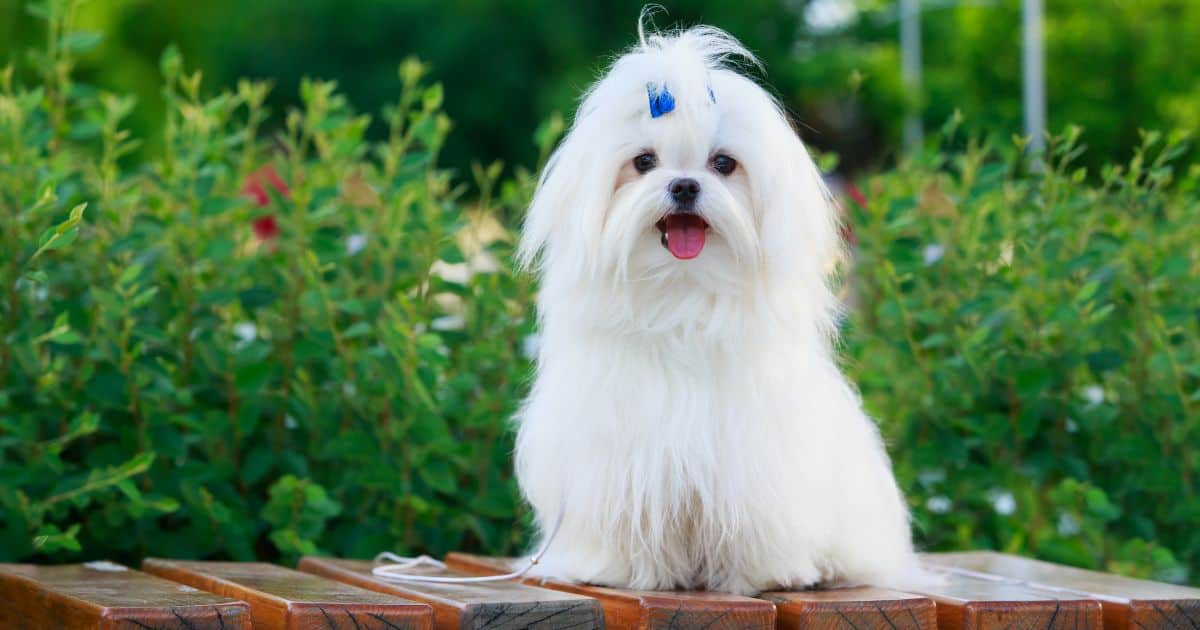
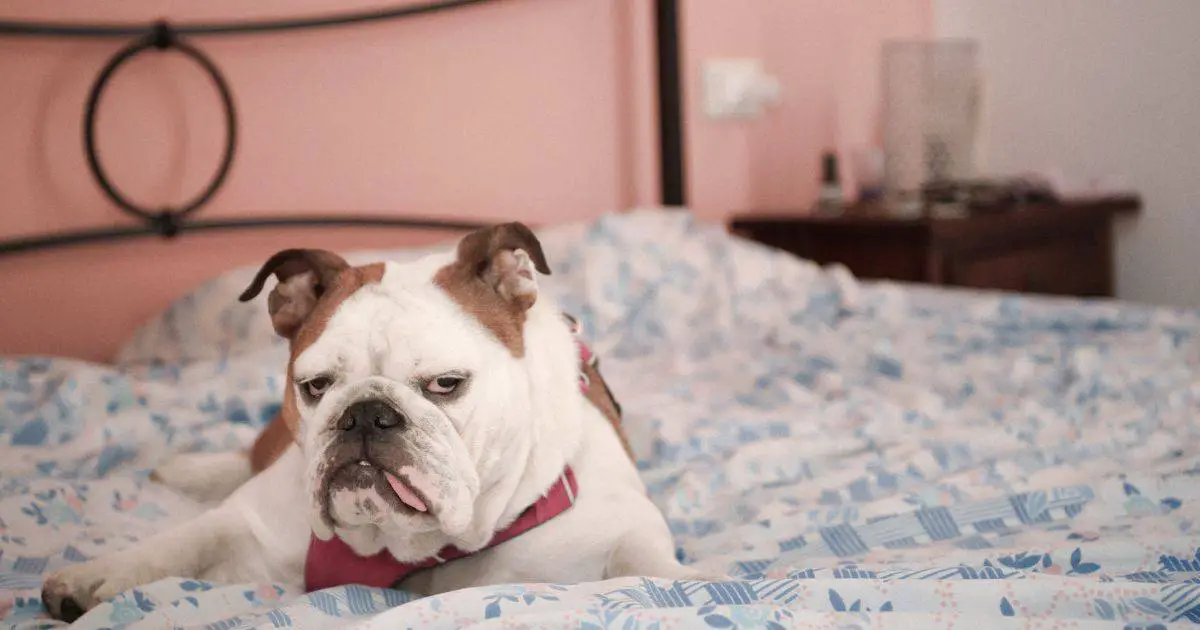
Leave a Reply
You must be logged in to post a comment.